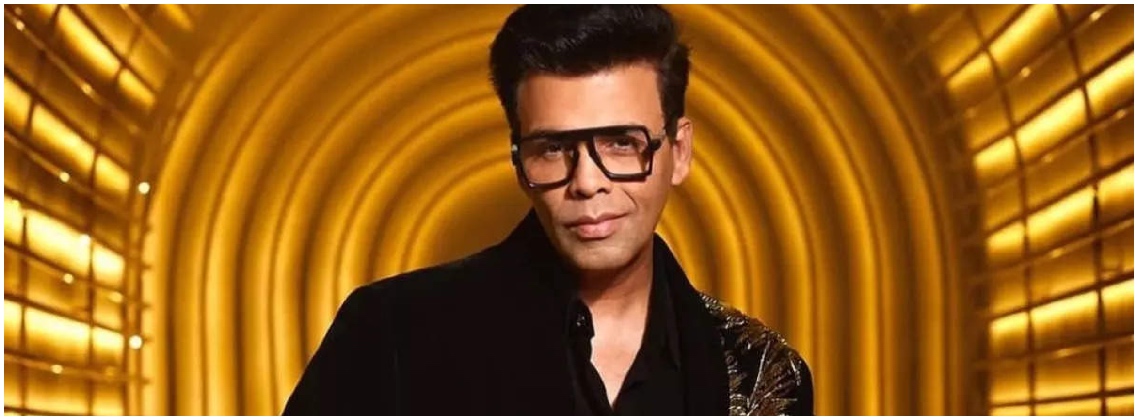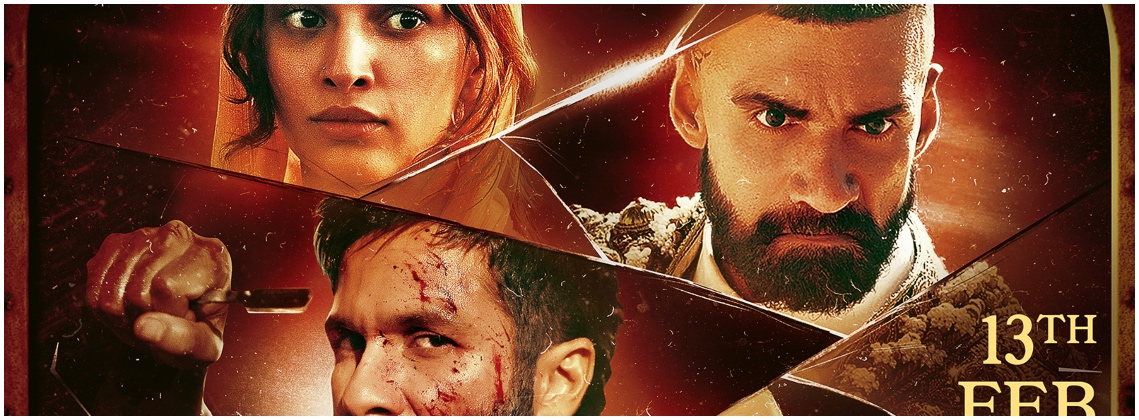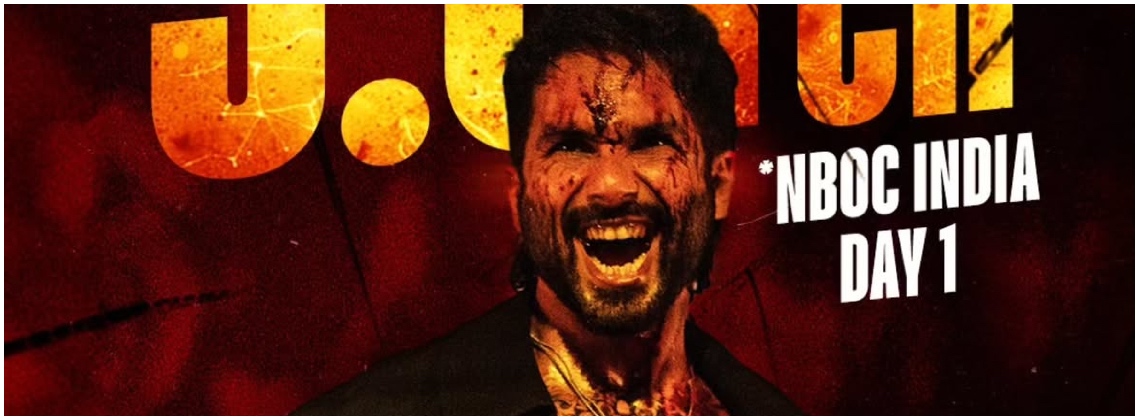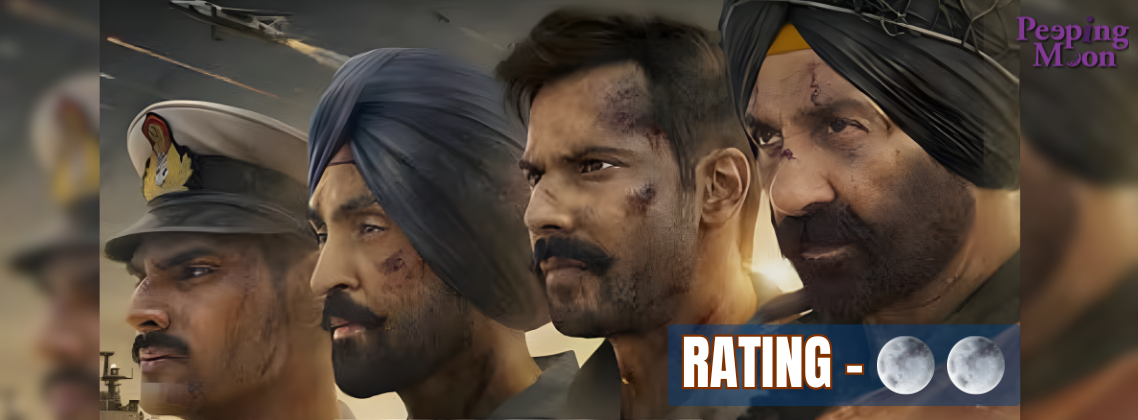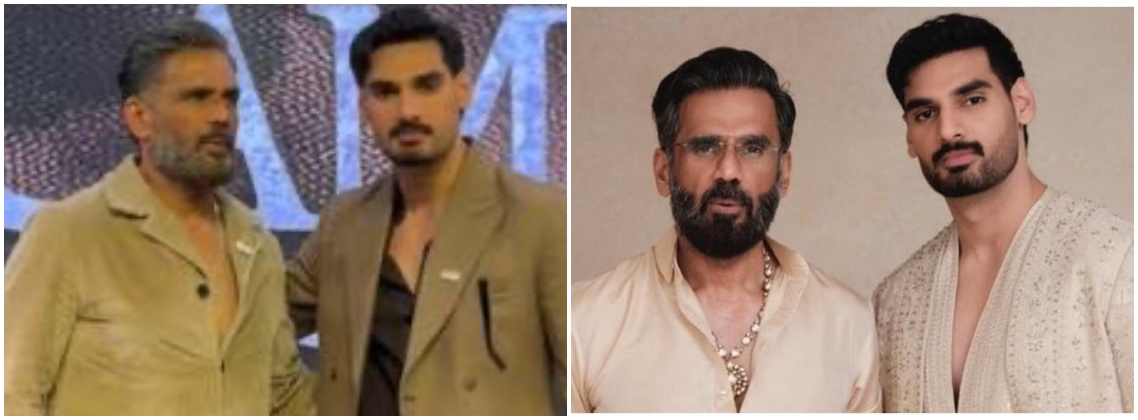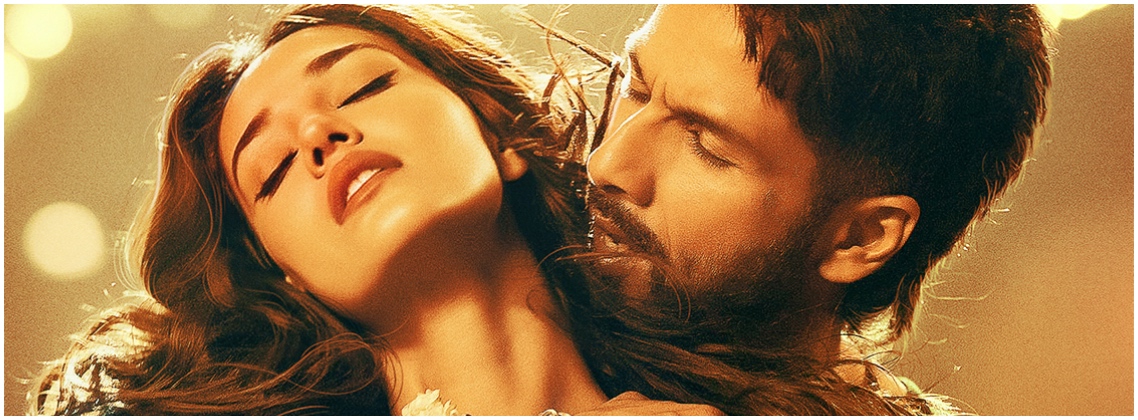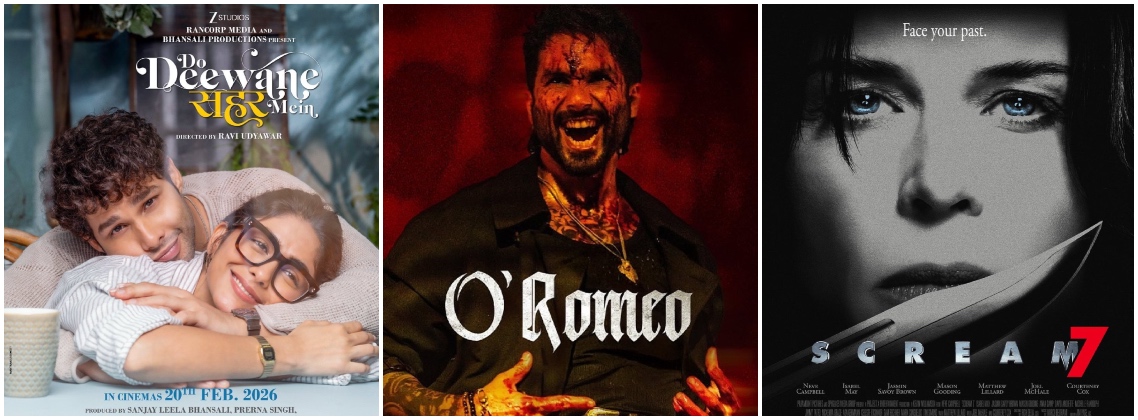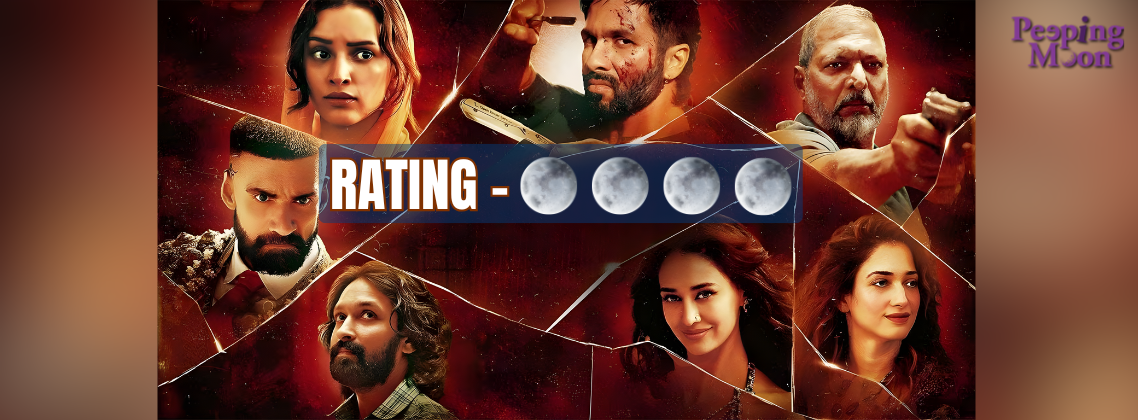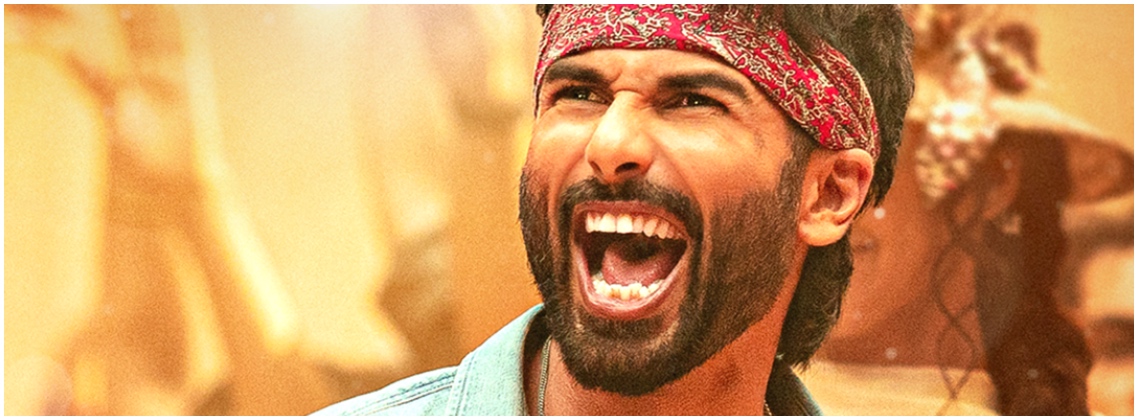"Azadi... azadi". The constant chanting in a Gully Boy song is reminiscent of either the demand for 'azadi' in Kashmir or of former JNU Union president Kanhaiya Kumar's use of the alleged anti-national 'azadi' slogan. The song's composer Dub Sharma said that people are open to interpret the song the way they want to, but the real context will be out when the film releases.
Whether it is 1947 or 2019, the word 'azadi', which translates to freedom, has connotations that keep changing from place to place, situation to situation and person to person. And to represent the meaning of "azadi" in the eyes of today's youth, Dub Sharma -- whose real name is Siddharth -- and rapper Divine have come out with the song Azadi in the forthcoming Bollywood film Gully Boy, starring Ranveer Singh as a street rapper.
Recommended Read: Alia Bhatt and Ranveer Singh set out in the bay to promote Gully Boy
https://www.instagram.com/p/Bsm3QgvH913/
The song's lyrics go like: "Azadi... bhukhmari se, azadi... haan bhed bhaav se, azadi", which take on the hunger and racism issues in the society.
Interestingly, Dub Sharma is the same composer who had taken a leaf out of the 'azadi' slogans by Kanhaiya Kumar and his supporters in 2016 to protest the 2013 hanging of Mohammed Afzal Guru -- a Kashmiri separatist convicted for the 2001 Indian Parliament attack -- and created a song on it three years ago.
However, for the Azadi track in Gully Boy, he has reworked the same song, and just changed its context.
"The song from Gully Boy is totally different. There is no particular context to it. It has nothing to do with the 2016 scenario. Through the song, we just wanted to convey what's happening in society. When people will see the movie, they will understand the real context to it," Dub Sharma told a news agency.
[caption id="attachment_196906" align="aligncenter" width="647"] Ranveer Singh in a still from Gully Boy[/caption]
Ranveer Singh in a still from Gully Boy[/caption]
In the new song, rapper Divine, whose life has inspired the film's storyline, raps about several social issues ranging from corruption in politics and education system to the problem of discrimination and claustrophobia in the slums.
There are statements like "Desh kaise hoga saaf... inki neeyat mein hai daag... sirf karte rahenge baat... Alag shakal wohi jaat... Vote milne par yeh khaas", which explicitly question the government's actions.
Asked about the anti-government tone of the song, Dub Sharma said: "I am just an artiste. I think about different things and issues prevailing in society while composing the songs. But when the song reaches the public domain, everyone interprets in their own way.”
"It's absolutely okay, everyone has their own opinion and interpretation. When people see a Monalisa painting, their opinion about it may vary from each other... The same is the case with the songs. I am open to different interpretations from people's side. But when they will watch the film, they will get to know the real context behind the song,” he added.
Filmmaker Vivek Agnihotri, one of the members on the Central Board of Film Certification (CBFC), found "nothing wrong" in the song.
He said: "If the song is talking about corruption, what's wrong in that? Our job is not to question what is there (in the song). Our job is just to see that movies do not incite any kind of violence, and there is no discrimination against children, women, disabled people and Dalits.”
"Isn't corruption the reality of India...it's okay if songs and films are depicting it." According to Divine, Azadi questions every "corrupt and intolerant system".
"This song is about the unjust and unfair things all of us see around us every day," he added.



